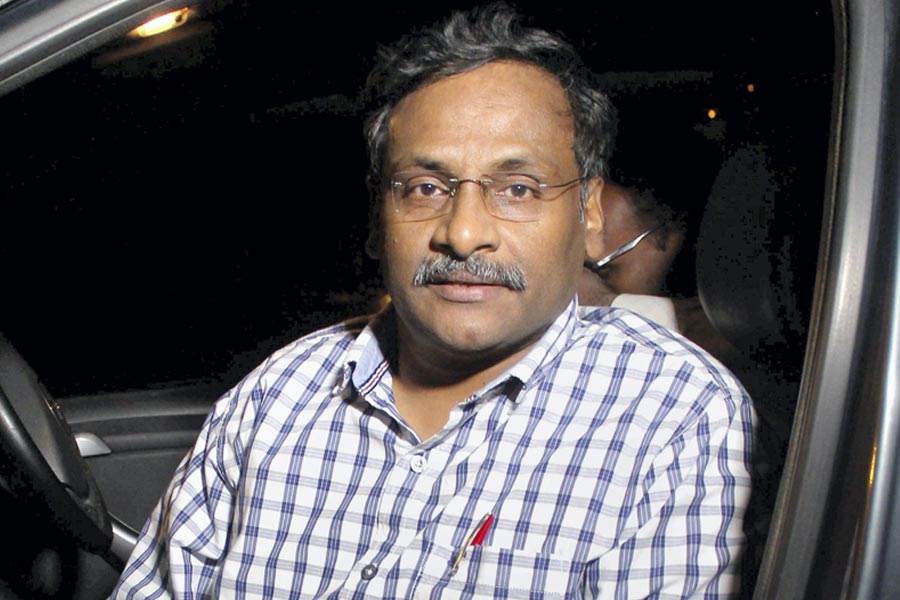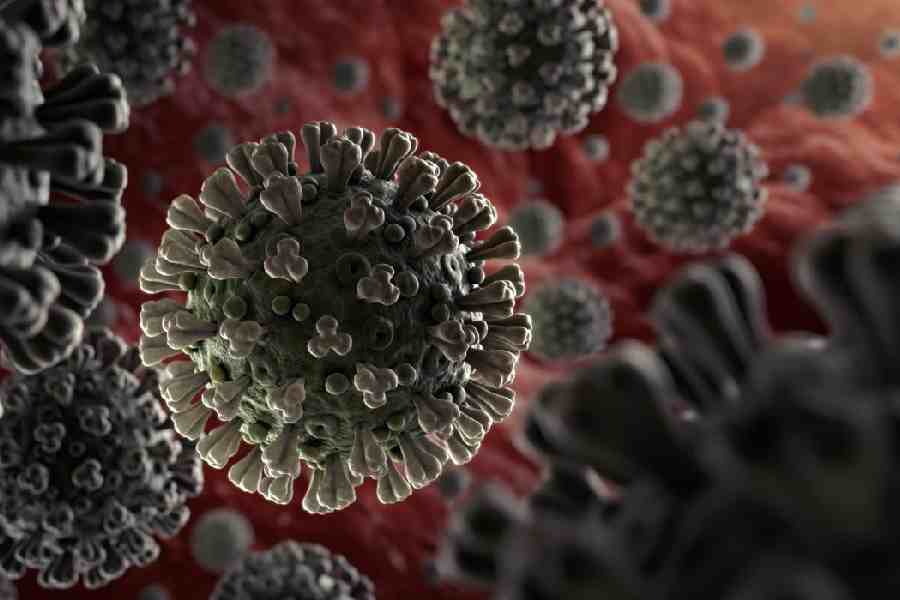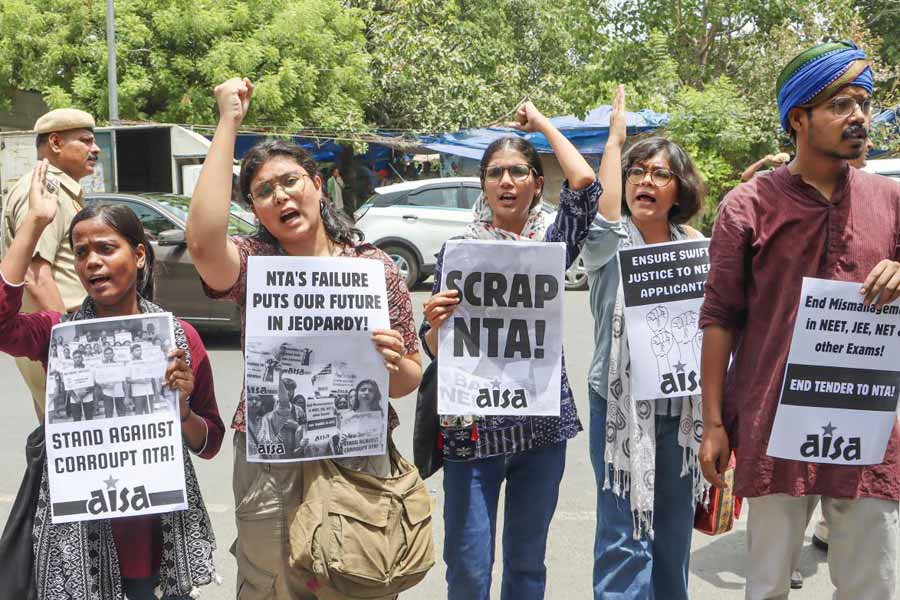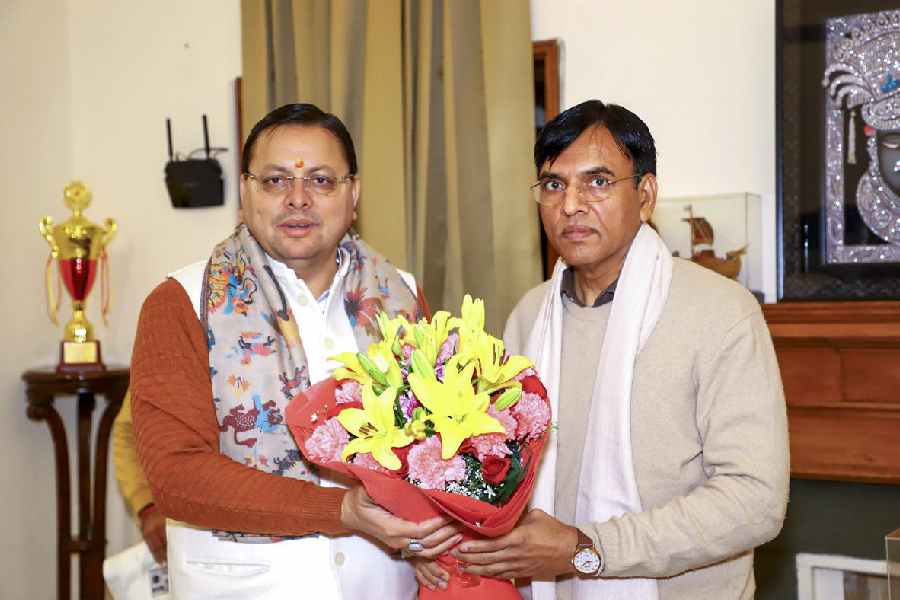The Nagpur bench of the Bombay High Court on Tuesday acquitted former Delhi University professor G N Saibaba in an alleged Maoist links case, noting the prosecution failed to prove the case against him.
The court also set aside the life sentence imposed on 54-year-old Saibaba.
A division bench of Justices Vinay Joshi and Valmiki SA Menezes also acquitted five others accused in the case.
"The prosecution has failed to prove beyond reasonable doubt the case against the accused persons," the HC said.
It also held as "null and void" the sanction procured by the prosecution to charge the accused under provisions of the stringent Unlawful Activities (Prevention) Act (UAPA).
"The prosecution has failed to establish any legal seizure or any incriminating material against the accused," the HC said.
"The trial court judgment is not sustainable in the hands of law. We therefore allow the appeals and set aside the impugned judgment. All the accused stand acquitted," the bench said.
The court noted that the sanction procured to prosecute the accused under the UAPA was not legal and proper and hence, the sanction was "null and void".
"The entire prosecution is vitiated on account of invalid sanction to prosecute all the accused. The trial held despite the violation of mandatory provisions of law itself amounts to failure of justice," the HC said.
The prosecution later orally made a request to the court to stay its order for six weeks so that it could file an appeal in the Supreme Court.
The bench, however, directed it to file an application seeking stay.
Saibaba, who is wheelchair-bound due to physical disability, is lodged in the Nagpur Central Jail since his arrest in the case in 2014.
In March 2017, a sessions court in Maharashtra's Gadchiroli district convicted Saibaba and five others, including a journalist and a Jawaharlal Nehru University (JNU) student, for alleged Maoist links and for indulging in activities amounting to waging war against the country.
The trial court had held Saibaba and others guilty under various provisions of the UAPA and the Indian Penal Code.
On October 14, 2022, another bench of the HC acquitted Saibaba, noting the trial proceedings were "null and void" in the absence of a valid sanction under the UAPA.
The Maharashtra government on the same day approached the Supreme Court challenging the decision.
The apex court initially stayed the order and later in April 2023, set aside the HC order and directed it to hear the appeal filed by Saibaba afresh.
The earlier HC bench comprising Justices Rohit Deo and Anil Pansare, in its October 2022 judgment, said the sanction to prosecute under the UAPA was granted in 2014 against the five accused, who were arrested first, and then against Saibaba in 2015.
The bench had noted that in 2014, when the trial court took cognisance of the chargesheet filed by the prosecution, there was no sanction to prosecute Saibaba under the UAPA.
Justice Deo, who was due to retire in December 2025, tendered his resignation on August 4, 2023, citing personal reasons.
Except for the headline, this story has not been edited by The Telegraph Online staff and has been published from a syndicated feed.












